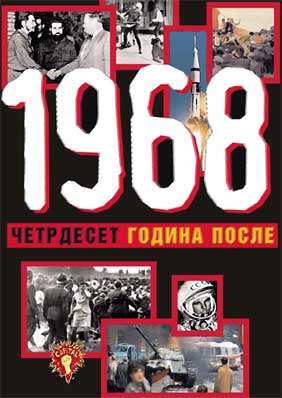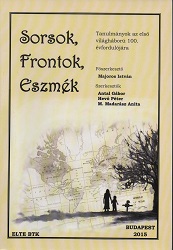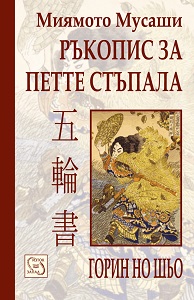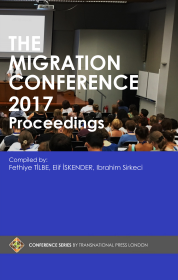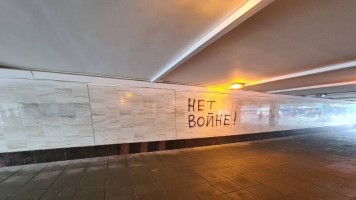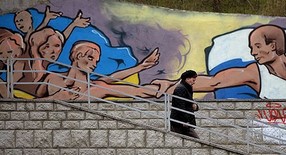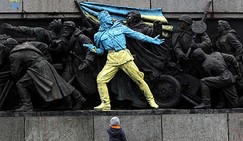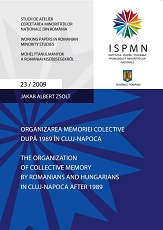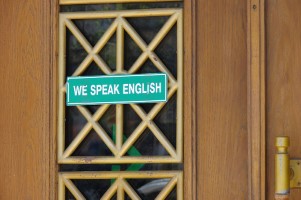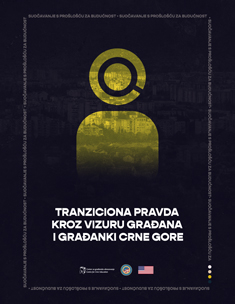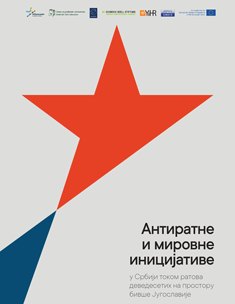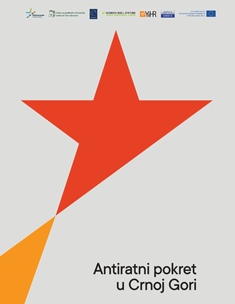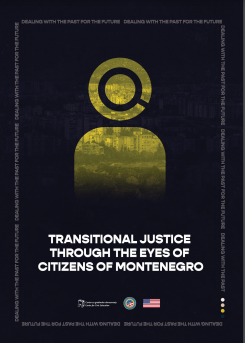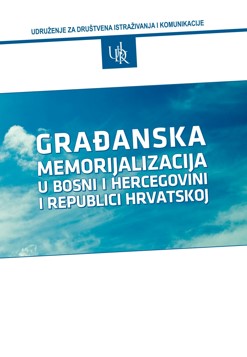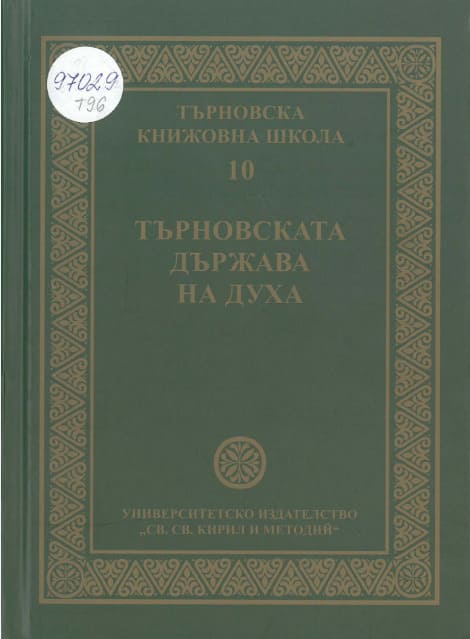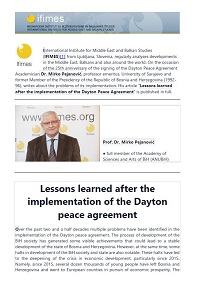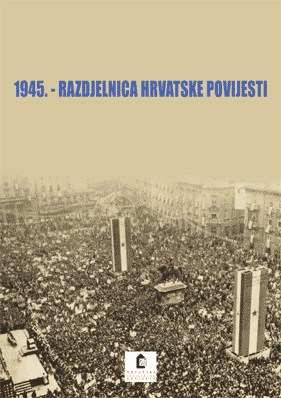
Saveznički zračni napadi na Zagreb i okolicu 1945. godine
Allied Air forces became an important factor in the military and political consideration of the territory of the Independent State of Croatia after the autumn of 1943, when they established bases in Southern Italy. At first, Allied Air forces struck at the territory of Dalmatia, but afterward they expanded their activities to the north. Zagreb and its environs were situated on the path of Allied Airforces directed at southern Germany, Austria and Hungary, consequently during 1944 and 1945 they were considered secondary targets, though sometimes they also became direct targets. In this period Allied Airforces bombed Zagreb, in varying degrees of intensity, 21 times, 11 of these attacks came in 1945, while the environs of the city were bombed or fired upon 44 times, 29 of those occurred in 1945. In these attacks, 554 persons (516 civilians, 38 soldiers) were killed, and 790 persons (741 civilians and 49 soldiers) were wounded. National Defense units carried the burden of the passive antiaircraft defense of people and property in Zagreb, while in the environs fire-fighters fulfilled this function. Zagreb and its environs, as was the case with all the other targets on the territory of the Independent State of Croatia, were attacked from the air for military-strategic reasons, as well as to break the morale of the population. The cost of these attacks was borne most often by the civilian population who paid for them with their lives and material goods.
More...
